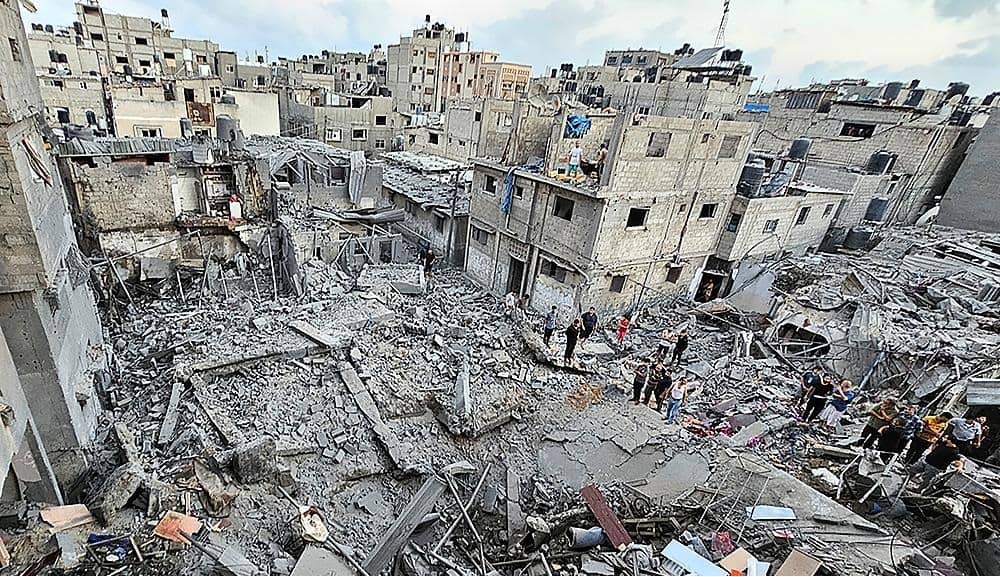

The voices of dissent are now becoming louder, surfacing not only on social media but also from within the official state machinery. Mohammad Mokhtari, the Friday Prayer leader in Birjand, in a recent sermon, bemoaned what he perceived as malicious external influences that have been successful in sowing the seeds of doubt regarding Iran’s involvement in other nations such as Palestine, Lebanon, Syria, and Yemen. He cited the sentiments, “Neither Gaza, nor Lebanon, I sacrifice my life for Iran,” as evidence of these influences.
The regime’s framing of the Iran-Iraq war, referred to as the “Sacred Defense”, has long been a cornerstone of its strategic narratives. However, Mokhtari’s comments reveal a significant undercurrent – a deep-rooted resentment among Iranians toward the war and the regime’s ambitious regional pursuits.
Historical records indicate that the regime’s decision to prolong the war with Iraq after May 24, 1982, had sparse internal legitimacy. Even though the Iraqi army had withdrawn from occupied Iranian territories, Ayatollah Ruhollah Khomeini insisted on continuing the war. Ayatollah Hossein-Ali Montazeri, once Khomeini’s deputy, voiced the sentiment that Iranian forces felt they were shifting from defense to aggression when advancing into Iraqi territory.
Many analysts describe the warmongering regime led by the Supreme Leader as an octopus, with its central command in #Tehran and its influence extending like tentacles to various countries in the #MiddleEast and even beyond.https://t.co/yfELjhzJPi
— NCRI-FAC (@iran_policy) October 23, 2023
International efforts to halt the war were numerous. The United Nations Security Council, in Resolution 522, called for an immediate ceasefire and the return of forces to recognized borders. The proposal was accepted by Iraq but was spurned by Khomeini. The Ayatollah’s views on the war became abundantly clear when he rejected offers of compensation for war damages by Saudi Arabia and ignored ceasefire calls from global leaders and organizations.
Despite efforts from figures such as Indira Gandhi, then Indian Prime Minister, and leaders from non-aligned nations, Khomeini’s stance was unyielding. He once proclaimed, “Even if this war takes twenty years, we will stand firm.”
Years later, in a televised interview, Ali Shamkhani, a former National Security Advisor, indicated that, apart from the Mujahedin, there had been no widespread internal calls for peace following the liberation of Khorramshahr. However, the tide eventually turned against Khomeini when the National Liberation Army posed a direct threat to the regime. The war only came to an end when Khomeini, faced with the potential downfall of his regime, accepted the UN Security Council Resolution 598.
#Iran’s Regime: A Major Obstacle in the Way of Enduring Peace in the Middle Easthttps://t.co/7qMo270yt2
— NCRI-FAC (@iran_policy) August 10, 2022
Today, the Iranian people appear to have drawn a clear line between their aspirations for peace and the Khamenei regime’s thirst for regional dominance. This growing sentiment suggests that for the Iranian populace, genuine peace will only be possible with a change in leadership.

MEK Iran (follow us on Twitter and Facebook), Maryam Rajavi’s on her site, Twitter & Facebook, NCRI (Twitter & Facebook), and People’s Mojahedin Organization of Iran – MEK IRAN – YouTu







